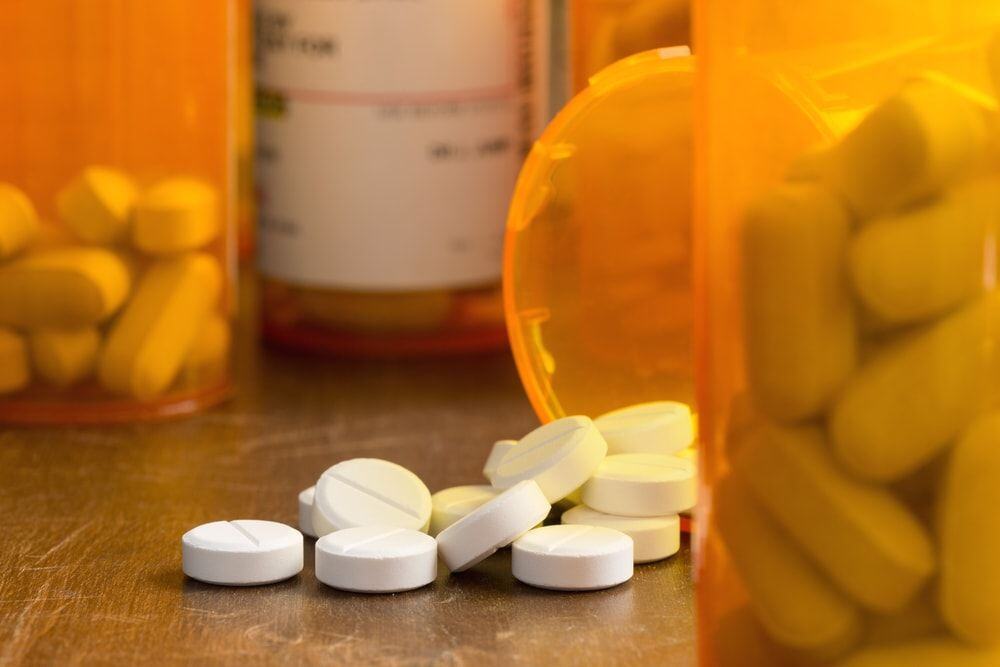The Reignition of the Opioid Crisis Due to COVID-19
Contending with the emerging global pandemic of the novel coronavirus is becoming even more difficult now because of anxiety and pressure causing individuals to abuse opioids. Due to the lockdown and stresses caused by COVID-19, there have been major spikes in opioid abuse both by workers and those who are stuck at home.
This is a topic that professionals need to address in order to identify ways for the healthcare community to help prevent opioid abuse as well as provide support for those affected individuals and their families. It’s crucial from a public health standpoint as well as from the perspective of your organization’s financial viability.
In this article, we will discuss how COVID-19 has spiked the opioid epidemic and what medical practices can do to help.
Coronavirus Lockdown and Isolation
People with an opioid addiction who rely on meeting in person one-on-one with therapists and with peers in group sessions were thrown for a loop when the government began mandating shelter in place orders during the coronavirus pandemic, except for those in essential positions. How are these individuals to cope at home when it’s potentially unsafe to gather together?
“We consider addiction a disease of isolation,” said Dr. Marvin Seppala, chief medical officer at the Hazelden Betty Ford Foundation in a report from National Public Radio. Seppala continued, “Now we're isolating all these people and expecting them to pick up the phone, get on line, that sort of thing — and it may not work out as well.”
Patients are not only being deprived of counseling and therapy sessions, they may not be able to obtain the services they need to counter their addiction.
It’s crucial for patients to determine if their insurance providers will allow for telehealth service, using their smartphone or computer’s video camera to have virtual encounters.
Opioid Drug Abusers at Higher Risk for COVID-19
Further compounding the harmful effects of lockdown is the fact that opioid drug abusers are more prone to be hit harder by COVID-19. A respiratory disease, the novel coronavirus of 2019 assaults the lungs. The National Institute on Drug Abuse reports that opioid abusers can be vulnerable because of the drugs’ effects on pulmonary and respiratory health.
What’s more, opioid abusers who also smoke cigarettes or marijuana or who vape already have compromised respiratory systems, which further exacerbates the effects of COVID-19.
“Evidence suggests that exposure to aerosols from e-cigarettes harms the cells of the lung and diminishes the ability to respond to infection,” noted the NIDA, which went on to state that, “In one NIH-supported study, for instance, influenza virus-infected mice exposed to these aerosols had enhanced tissue damage and inflammation.”
You should also consider that people who abuse opioids at higher dosages typically experience slower breathing rates, with a potential for hypoxia, making it another complication for COVID-19 infections.
Disruption to Traditional Support Systems
Lockdowns, especially when they are for lengthy periods or when there is no real end in sight are going to cause more problems for the growing opioid crisis.
A report from Harvard Medical School indicates that “For someone struggling with addiction, virtually all of the services and treatments available to them have been disrupted by the COVID-19 epidemic. People are told to stay home, which directly contradicts the need to go to clinics to obtain methadone or other medications for treating addiction.”
So far, the government has responded by loosening restrictions so patients can obtain 2 to 4 weeks supply of their methadone so they don’t have to venture outside so much. The government is also starting to let physicians prescribe the anti-addiction medication buprenorphine by telephone.
These are steps in the right direction, but patients still may not be able to obtain services when needed, such as from rehab facilities that dispense clean needles (to avoid sharing needles and infections with another addict). Harvard also pointed out that rehab centers may be closed to new patients or completely shut down during the pandemic.
Helping Vulnerable Patients Stay Clean
Your staff can identify patients that are the most vulnerable, based on records showing who is currently suffering from opioid addiction or who are in recovery. Establish a program to contact each of these patients to query how well they are following their treatment regiment.
When patients come in for a visit and they have a known opioid issue, it’s wise to engage them, having conversations about modifying their behavior to protect health and avoid succumbing to abusing controlled substances. Your patients may not be aware of options for treatment, such as participating in online meetings or telephone meetings with a therapist via Narcotics Anonymous.
Help Those Struggling With Opioid Abuse
Taking steps to identify signs of opioid abuse and addiction and prioritizing ways to get help for affected staff members is essential for your organization’s ability to provide healthcare service in the local community during the coronavirus pandemic.
To learn more about how COVID-19 is impacting all parts of the healthcare industry, be sure to subscribe to our blog.
About Stephen O'Connor
Stephen O'Connor is the Director of Brand and Digital Marketing, responsible for many aspects of Advanced Data Systems Corporation’s (ADS) marketing, including product marketing, customer acquisition, demand generation, brand, brand design, and content marketing.
Stephen has more than 20 years of healthcare industry experience. Prior to ADS, Stephen spent 11 years at Medical Resources Inc. (MRI), most recently as the Manager of Marketing & Internet Services, where he and his teams were responsible for all marketing efforts and the market positioning of MRI’s services.
Stephen spends his day's planning, writing, & designing resources for the modern healthcare professional.



